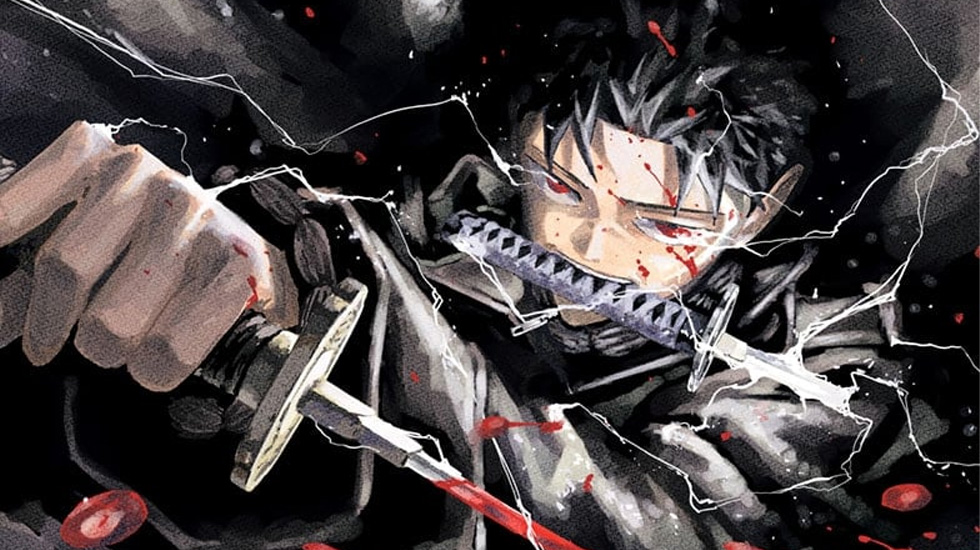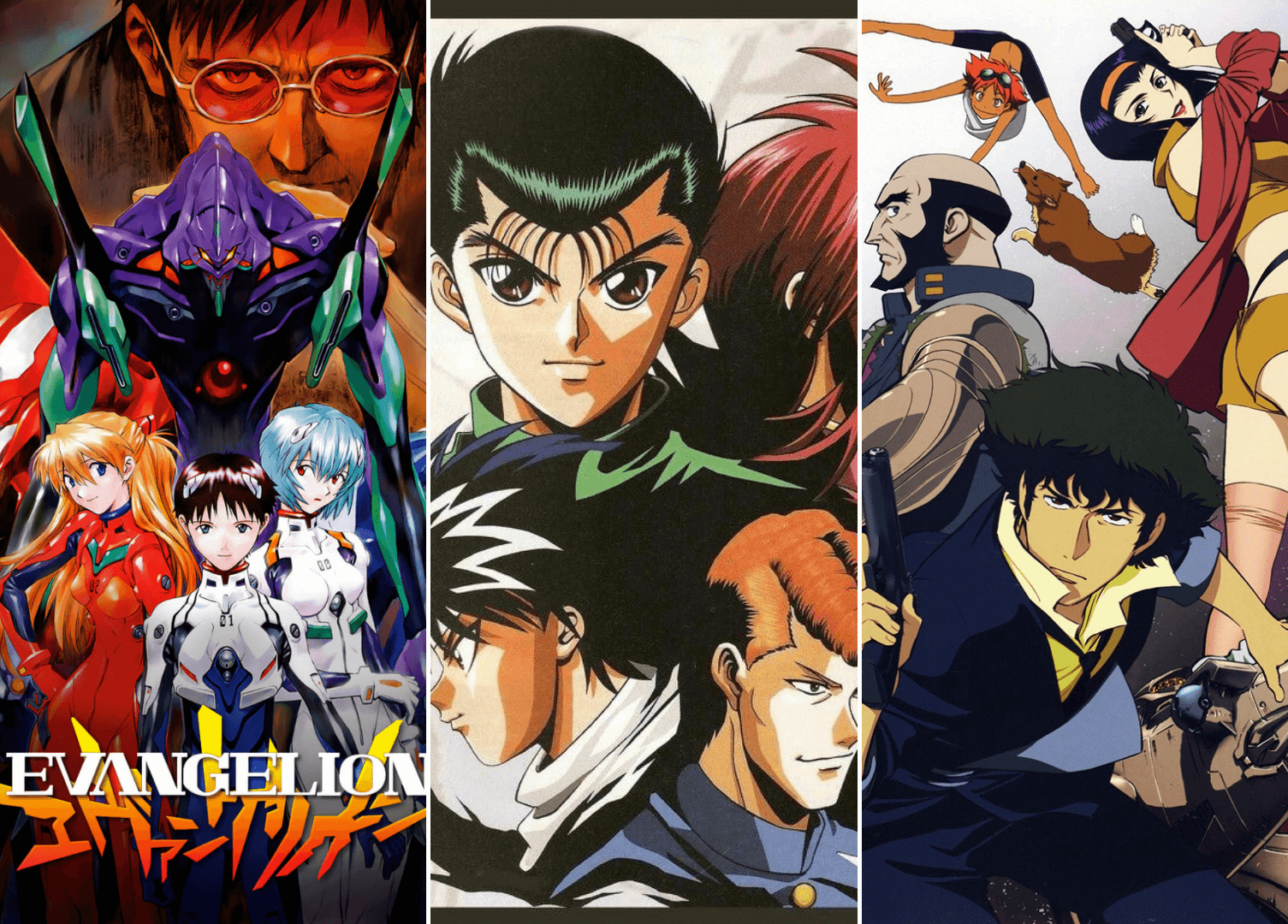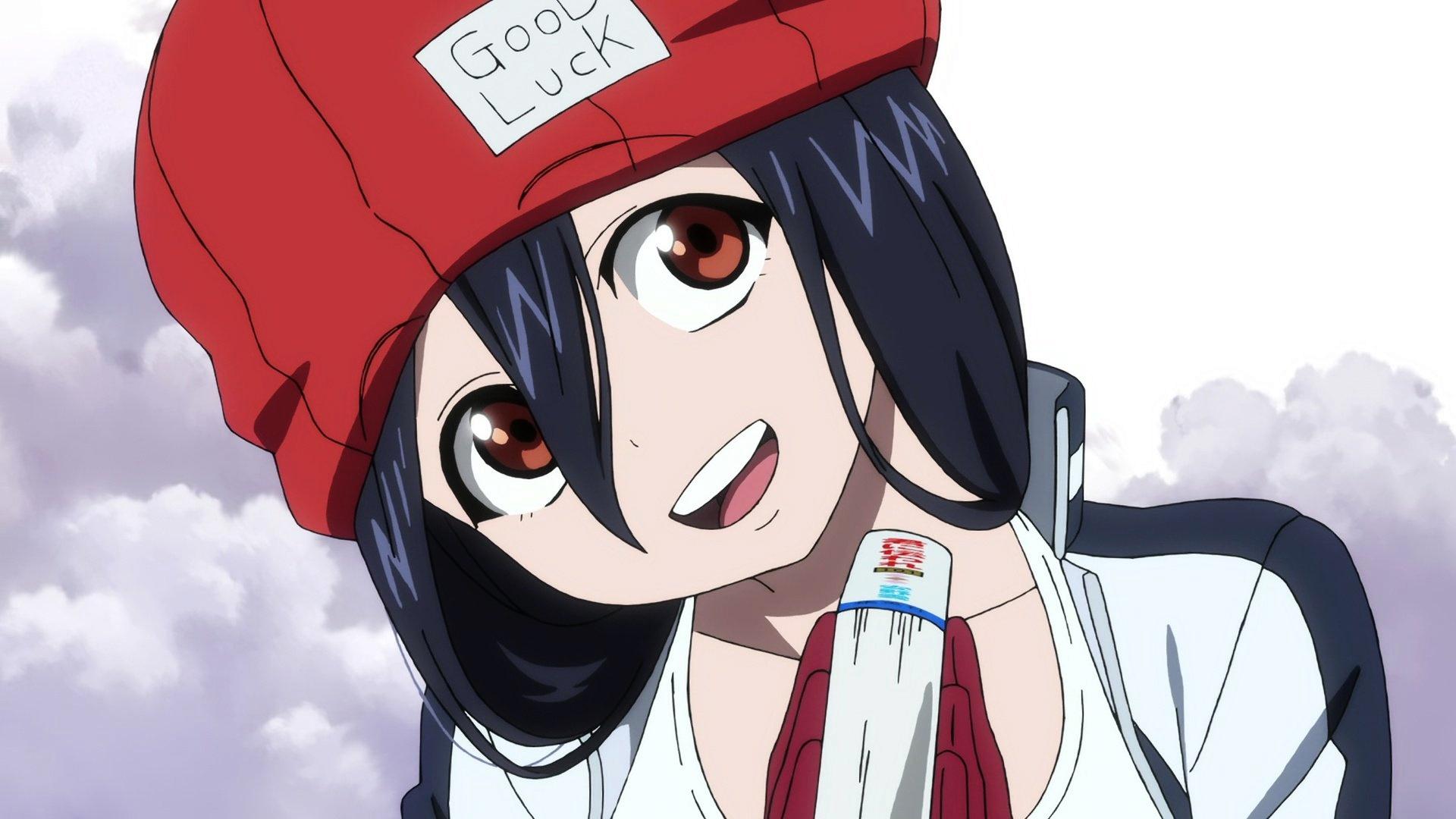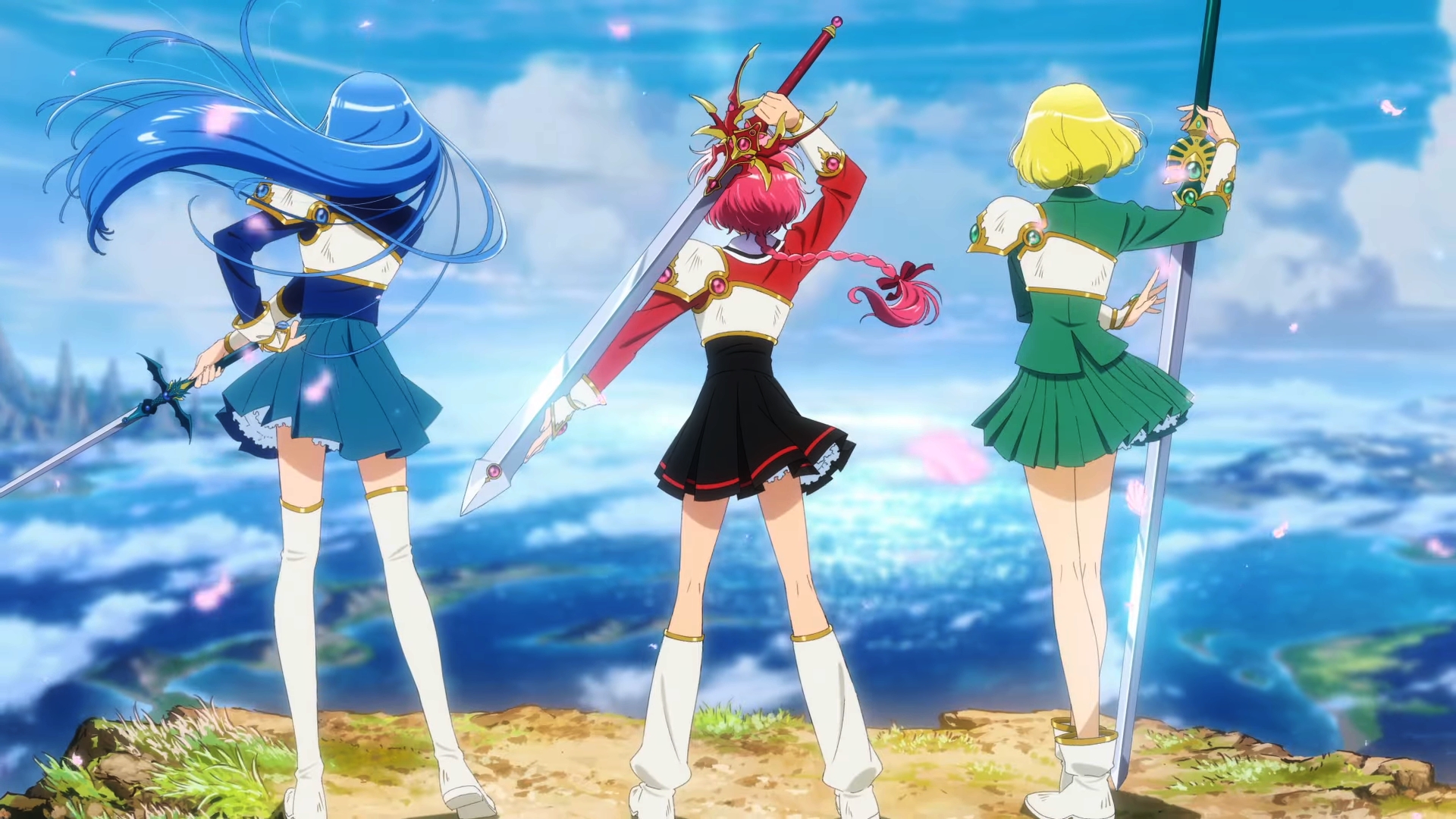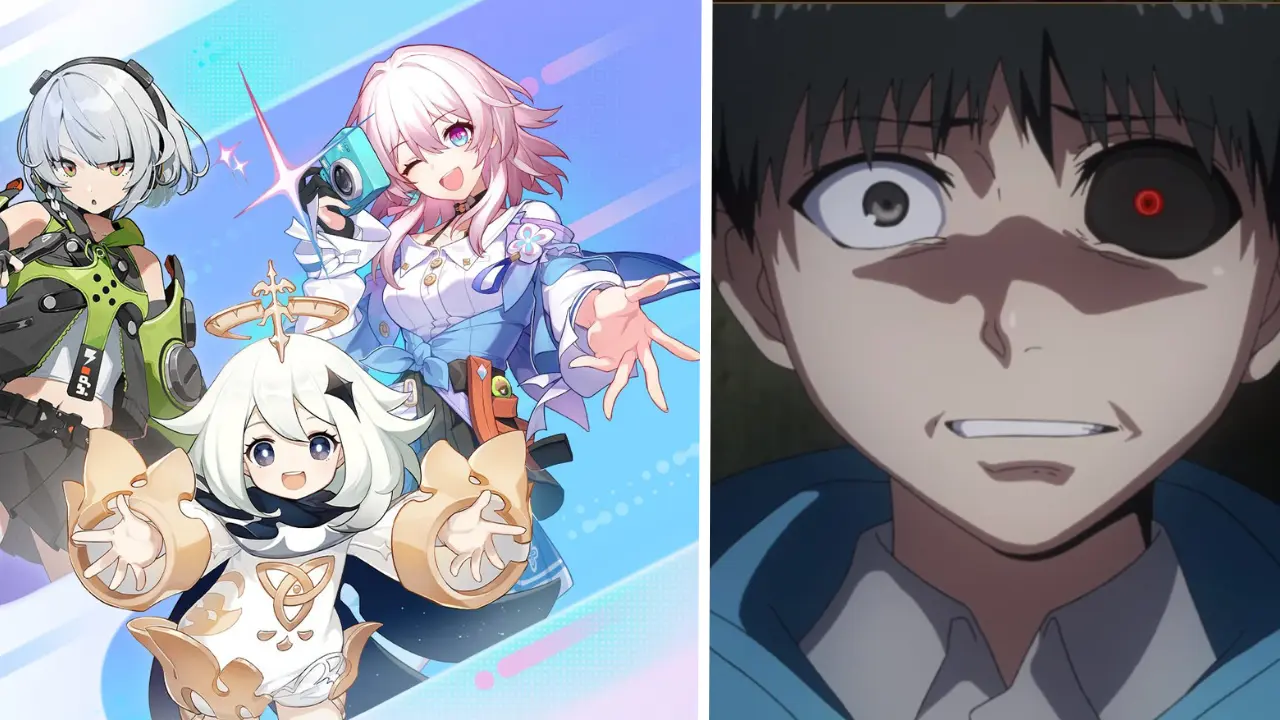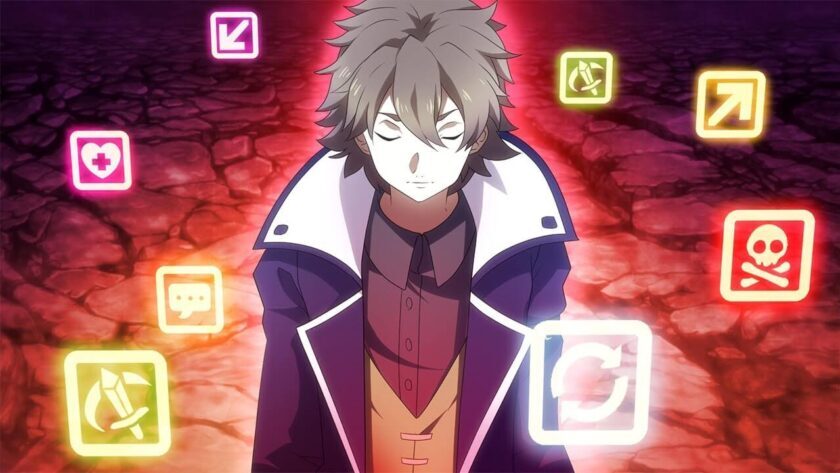Animes
How Itachi Uchiha Redefined Anime Antiheroes
Advertisement
Highlights
- Itachi Uchiha's morally gray portrayal challenged traditional hero tropes in anime, adding depth and moral ambiguity to the genre.
- Itachi's tragic past as a child soldier manipulated by Danzo Shimura sheds light on the harsh realities of the shinobi world in Naruto.
- Itachi's sacrifice for peace and complicated relationship with Sasuke show his appeal as a powerful, benevolent character with immense abilities.
Powerful, divisive, and nuanced, Itachi Uchiha was a character who inspired much discourse—both positive and negative—within the fanbase of Masashi Kishimoto's book. Naruto. Originally introduced as a rogue ninja responsible for the brutal Uchiha Clan Massacre, Itachi was later defined by his relationship with his younger brother Sasuke, whose sole goal was to kill him and avenge his clan.
After more was revealed about the circumstances behind his role in the Uchiha Clan's Downfall, Itachi was portrayed as a figure who skirted the line between anti-hero and anti-villain in Part II. Although he was hailed as one of the best-written characters in Naruto For some, his greatest impact on the anime medium can be seen in how he rewrote the trope of an anti-hero, adding a degree of depth and moral ambiguity that was rare in the battle shonen genre.

Related
5 Best Naruto Anti-Heroes
Complex, morally grey, and shaped by the darkness of the shinobi world, these characters bring a unique twist to the anti-hero archetype.
What defines an anime antihero?
The range of anti-heroes in anime includes iconic characters such as Dragon Ball Z Vegeta, Code Geass' Lelouch in Britannia, Crying Devilman Akira Fudo, Cowboy Bebop Spike Spiegel, Vinland Saga Thorfinn and Guts from Furious, among others. When observing this spectrum of characters, it is easy to notice some common threads that unite them, which serve as the roots of their morally gray worldviews.
For example, Vegeta, Guts, and Thorfinn were all defined by the redemption arcs they underwent after enduring great hardships, which shaped them into the violent, uncompromising individuals they were at the beginning of their journeys. While they were all previously portrayed as irredeemable figures, their paths were changed by the people around them, alongside the bonds they built and shared.
On the other hand, Spike, Akira, and Lelouch were portrayed as victims of their circumstances, driven to commit unspeakable acts in order to survive or in the name of a greater good. There was no redemption arc in the picture here, and none of these characters really got the happy ending they wanted. Headstrong and willing to do whatever it takes to achieve their goals, these characters are often portrayed in a sympathetic light, the better to distinguish them from the evils they strive to eradicate through less than savory means.
In Itachi's case, he embodied aspects of the latter category, but lacked the aggression, selfishness, or self-centeredness seen in characters who fall into a similar mold. Born during a difficult time in shinobi history, Itachi witnessed the cruelty of war at an incredibly young age, and this shaped him into someone who would stop at nothing to prevent armed conflict. He was subsequently inspired to overcome petty differences between clans and villages to approach his role as a shinobi with the ultimate goal of fostering peace among all nations.
How Itachi fits into this picture
Pacifism was an ideal that Itachi always aspired to, and he willingly sacrificed nearly everything he cared about in pursuit of his noble ideals. A redemption arc was out of the question for him given the magnitude of his crimes, but Obito's eventual explanation to Sasuke about the truth behind Itachi's defection provided one of the most heartbreaking moments of all time. Naruto. Interestingly, it is through Itachi's complicated relationship with Sasuke that his character is best understood, as his actions led Sasuke to see his older brother as the object of his hatred.
On the other hand, all Itachi did was to prevent Sasuke from being subjected to the horrors of war when he was still an innocent child. Furthermore, by virtue of being the only living member of the Uchiha clan besides himself, Sasuke was the only person at whose hands Itachi was willing to die. With this act, he sought to atone for his irreparable crime of exterminating his entire clan. From this, it can be concluded that Itachi's guilt led him to create a situation where the honor of the Uchiha clan would be restored through Sasuke.
Unfortunately, the means by which he did so were also incredibly flawed, as seen in how he repeatedly subjected a young Sasuke to Tsukuyomi, forcing him to relive the trauma he suffered on the night of the Uchiha Clan Massacre. While this motivated Sasuke to become stronger in the long run, it also contributed to his mental instability and hatred for Konoha's leadership after he learned the truth behind what Itachi had done.
A tragic hero or a sympathetic villain?
Overall, Itachi's appeal as a character amongNaruto The fan base can be attributed to his immense intellect, humble personality, benevolent beliefs, and of course, his monstrous power. It wouldn't be an exaggeration to state that Itachi had abilities that were nearly impossible to counter even for other Sharingan users, including Tsukuyomi, Amaterasu, and his virtually invincible Susanoo.
He was also a master strategist and extremely efficient at luring his opponents into a false sense of security, before quickly incapacitating them with genjutsu. A testament to his pacifistic nature can be seen in how he primarily relied on genjutsu in combat situations and avoided directly engaging opponents or taking lives whenever possible.
These traits are more in line with a traditionally heroic figure, highlighting how he could have become such a person if circumstances had been different. However, there is also precedent for these types of anti-hero characters, such as Vash the Stampede from Trigun coming to mind.
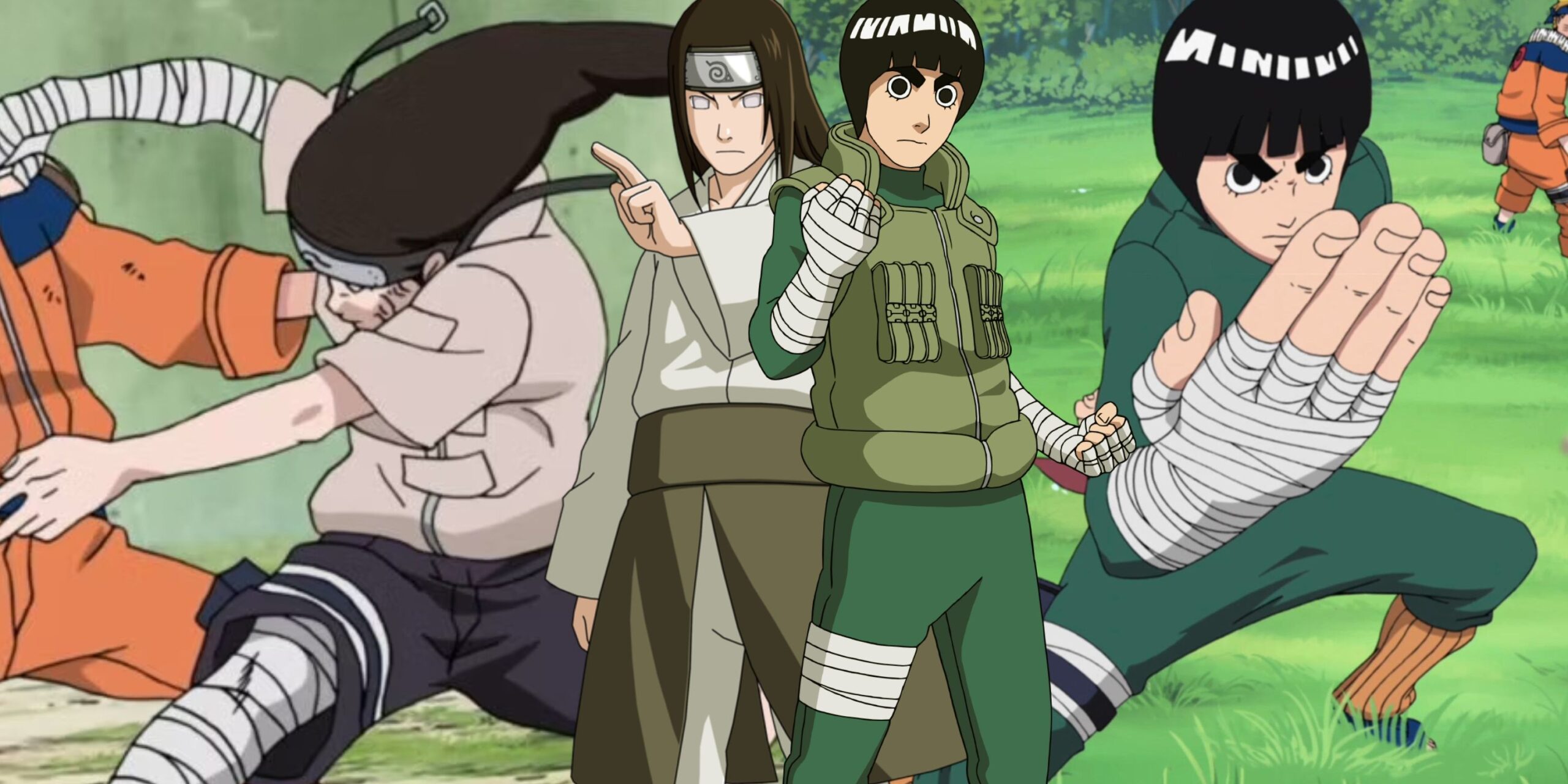
Related
Naruto: How Rock Lee and Neji Hyuga's Rivalry Went to Waste
Built but never realized, this contest between a natural genius and a determined worker never received the spotlight it needed to flourish.
Such contrasts between Itachi's ideals and his part in the Uchiha Clan's Downfall were startling in how much they diverged from one another. However, Itachi's massacre of the Uchiha clan was an act that could not be defended by any stretch of the imagination, as he took the lives of countless innocents who had no role to play in the Uchiha clan's planned coup d'état against Konoha's higher-ups.
Although he was forced to choose this path as the lesser of two evils when threatened by the prospect of civil war in Konoha, this did not excuse the act itself. The moral evaluations of this decision also merited investigation into the context behind Itachi's choice, which eventually illuminated the harsh reality of how the shinobi world in Naruto it worked once.
Itachi's fate and the evils of the ninja world
Zooming out to see the bigger picture, it became clear that Itachi was a child soldier in an era where genin were routinely sent to the battlefield as reinforcements when villages grew desperate during wars. His talents also fueled his meteoric rise through the ranks of Konoha's Anbu at an alarming rate. In fact, at the time of the Uchiha Clan Massacre, Itachi was only 13 years old, a disturbingly young age for someone to be burdened with the burden of preventing an internal civil war.
To make matters worse, he had the misfortune of being subordinate to Danzo Shimura, who cleverly manipulated him into carrying out the massacre after eliminating his mentor Shisui and extinguishing any other alternative course of action. Left with no one to trust and no other viable means to prevent the worst-case scenario, Itachi's need to avoid war at all costs took over, just as Danzo intended.
Ultimately, Danzo was largely responsible for what happened to Itachi, along with the Third Hokage's failure to act as a leader and defuse the situation before it escalated. Despite being someone who only wanted the best for his village and family, Itachi's life-defining tragedy highlighted how naturally good people can fall victim to unjust systems beyond their control, forcing them to do the unthinkable to save what is most important to them.
Naruto is available for streaming on Crunchy Roll.

More
7 Best Underdog Moments in Anime
There's no shortage of heartwarming stories of underdogs across the anime landscape, and here are some of the best moments among them.

Naruto
A popular shonen anime based on Masashi Kishimoto's manga, Naruto follows the journey of its eponymous shinobi as he goes from hometown outsider to hero.
- Release date
- October 2, 2002
- Studio
- Pierrot
- The Creator
- Masashi Kishimoto
- Number of episodes
- 220


